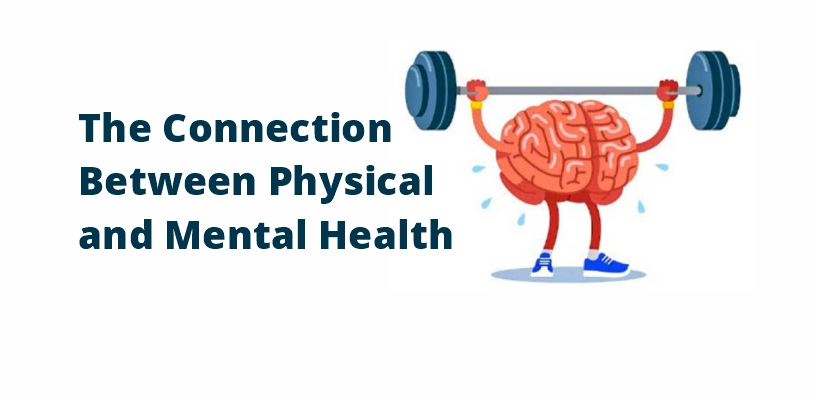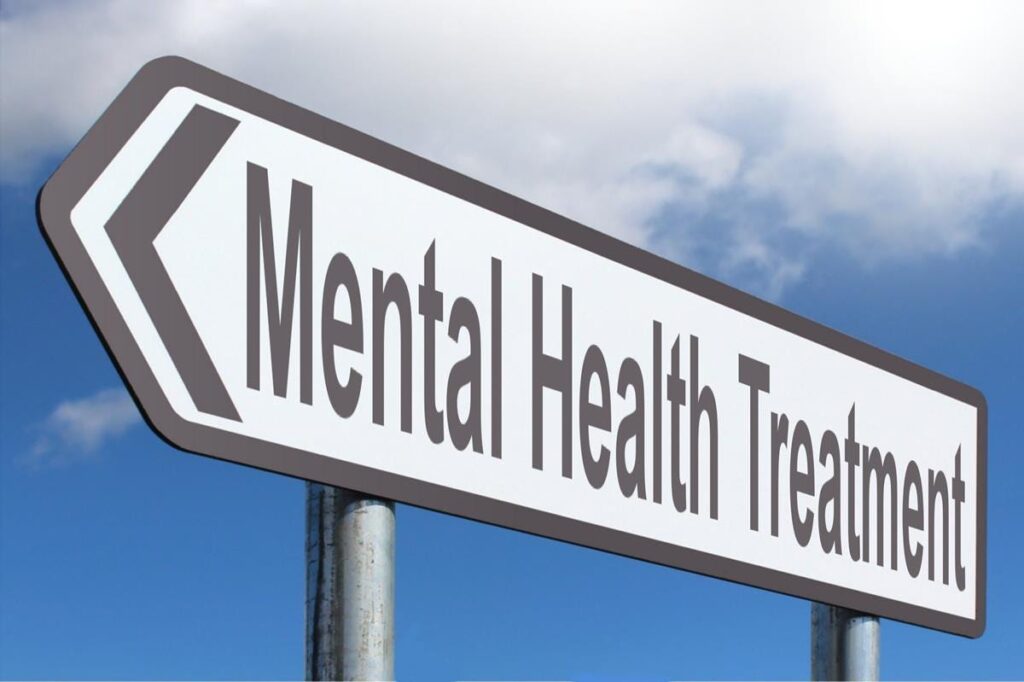Mental health is an essential part of overall well-being, yet it’s often misunderstood, ignored, or stigmatized. As the world becomes increasingly aware of the importance of mental health, it’s crucial that we all develop a clearer understanding of what it means, how it affects our daily lives, and what we can do to maintain it. This article explores key aspects of mental health, signs to look out for, factors that influence mental well-being, and ways to promote and protect it.
What Is Mental Health?

Defining Mental Health
Mental health refers to a person’s emotional, psychological, and social well-being. It affects how individuals think, feel, and act. It also determines how people handle stress, relate to others, and make decisions. Mental health is important at every stage of life, from childhood to adulthood.
Mental Health vs. Mental Illness
It’s important to understand that mental health and mental illness are not the same. A person can have poor mental health without having a diagnosable mental illness. Similarly, someone diagnosed with a mental illness can still experience periods of mental well-being. Mental health is a state of well-being, while mental illness refers to diagnosable conditions that impact thinking, behavior, and emotional regulation.
The Importance of Mental Health
Why Mental Health Matters
Mental health affects every aspect of our lives. It influences how we handle relationships, perform at work or school, and manage everyday challenges. Emotional well-being helps us cope with life’s stresses. Cognitive function impacts our ability to learn and concentrate. Social interactions are shaped by our mental state.
Mental Health and Physical Health Connection

Mental and physical health are deeply interconnected. Chronic mental stress can lead to physical symptoms such as fatigue, high blood pressure, and even a weakened immune system. Similarly, physical illnesses can worsen or trigger mental health issues.
Common Mental Health Disorders
Anxiety Disorders
Anxiety is a normal reaction to stress, but excessive, persistent worry may indicate an anxiety disorder. Symptoms include restlessness, rapid heartbeat, difficulty concentrating, and sleep disturbances. Common types are generalized anxiety disorder (GAD), panic disorder, social anxiety disorder, and phobias.
Depression
Depression is more than just feeling sad. It’s a serious mood disorder that affects how a person feels, thinks, and handles activities. Symptoms include prolonged sadness, loss of interest in activities, low energy, changes in appetite or sleep, and feelings of worthlessness.
Bipolar Disorder
This condition involves extreme mood swings that include emotional highs (mania or hypomania) and lows (depression).
Post-Traumatic Stress Disorder (PTSD)
PTSD can occur after experiencing or witnessing a traumatic event. It involves flashbacks, nightmares, and severe anxiety.
Schizophrenia
Schizophrenia is a chronic brain disorder that affects a person’s ability to think, feel, and behave clearly. Symptoms often include delusions, hallucinations, and disorganized thinking.
Causes and Risk Factors
Biological Factors
Genetics play a significant role in mental health. Mental illness can run in families. Brain chemistry also matters—imbalances in neurotransmitters like serotonin or dopamine can contribute to mental disorders.
Psychological and Environmental Factors
Trauma, such as abuse, neglect, or exposure to violence, can increase vulnerability. Stressful life events like job loss or divorce are also contributing factors. Substance abuse can trigger or worsen mental health problems.
Societal and Cultural Factors
Social isolation, stigma, and economic hardship all influence mental well-being. Many people avoid treatment due to fear of judgment or lack of access to services.
Recognizing the Signs of Poor Mental Health
Early identification is key to managing mental health issues effectively. Common signs include feeling overwhelmed or constantly worried, withdrawing from friends and family, changes in sleep or eating patterns, lack of energy or motivation, difficulty concentrating, mood swings, substance abuse, and thoughts of self-harm or suicide. If you or someone you know is experiencing these symptoms, professional help should be sought immediately.
Promoting Good Mental Health
Daily Habits for Mental Wellness
Exercise regularly. Physical activity releases endorphins, improving mood and reducing stress. Eat a balanced diet. Proper nutrition supports brain function and emotional health. Sleep well. Poor sleep is linked to several mental health conditions. Aim for 7–9 hours per night. Practice mindfulness. Meditation, yoga, and deep breathing can help reduce anxiety and improve focus. Stay connected. Social support is vital. Spend time with friends, family, or support groups. Limit screen time. Excessive use of digital devices, especially social media, can negatively affect self-esteem and increase anxiety. Set realistic goals. Break tasks into manageable steps and celebrate small victories.
Seeking Help and Treatment
When to Seek Professional Help
If mental health issues interfere with your ability to function or enjoy life, it’s time to seek help. Therapists and counselors provide talk therapy and emotional support. Psychiatrists are medical doctors who can prescribe medication and treat complex mental illnesses. Support groups offer a safe space to share experiences and coping strategies.
Types of Treatment

Psychotherapy includes cognitive behavioral therapy (CBT), dialectical behavior therapy (DBT), and talk therapy. Medication options such as antidepressants, antipsychotics, and mood stabilizers may be prescribed based on individual needs. Lifestyle changes including exercise, nutrition, and stress management techniques can also be effective.
Barriers to Treatment
Stigma often prevents people from seeking help. Access to mental health services is limited in some areas, and treatment can be expensive without insurance.
Mental Health in Special Populations
Children and Adolescents
Early life experiences shape long-term mental health. Bullying, academic pressure, and social media can all contribute to mental health challenges in youth.
Older Adults
Isolation, chronic illness, and loss of loved ones can affect the mental health of seniors. Regular screenings and support are crucial.
Workplace Mental Health
Work-related stress, burnout, and toxic environments impact employees’ well-being. Companies should promote a supportive culture with mental health resources.
Reducing Stigma Around Mental Health
The Role of Education
Awareness campaigns and school-based education can help dispel myths and encourage open conversations.
Media Representation
Positive and accurate portrayals of mental health in media reduce stigma and promote empathy.
Personal Advocacy
Sharing personal experiences with mental illness can inspire others to seek help and create a more accepting society.
Also Read : The Impact Of Regular Exercise On Your Overall Health
Conclusion
Mental health is just as important as physical health, yet it remains one of the most overlooked aspects of our well-being. Understanding what mental health is, recognizing the signs of trouble, and knowing when and how to seek help can save lives and improve quality of life. Each one of us can play a role in reducing stigma and supporting those facing mental health challenges. Whether through daily habits, education, or open conversations, we can all contribute to a mentally healthier world.
Frequently Asked Questions (FAQs)
1. What is the difference between mental health and mental illness?
Mental health refers to overall emotional and psychological well-being, while mental illness is a diagnosed condition that disrupts thinking, behavior, or mood.
2. Can mental health improve without medication?
Yes, depending on the severity. Therapy, lifestyle changes, and support systems can be very effective. However, some cases require medication as part of treatment.
3. How do I know if I need professional help?
If your mental state affects your ability to function, interact with others, or enjoy life, it’s time to seek help.
4. Are mental health issues common?
Yes. Millions of people experience mental health challenges each year. It’s a normal part of the human experience.
5. How can I support a loved one with mental health issues?
Listen without judgment, encourage them to seek help, and offer emotional and practical support. Your presence can make a big difference.








